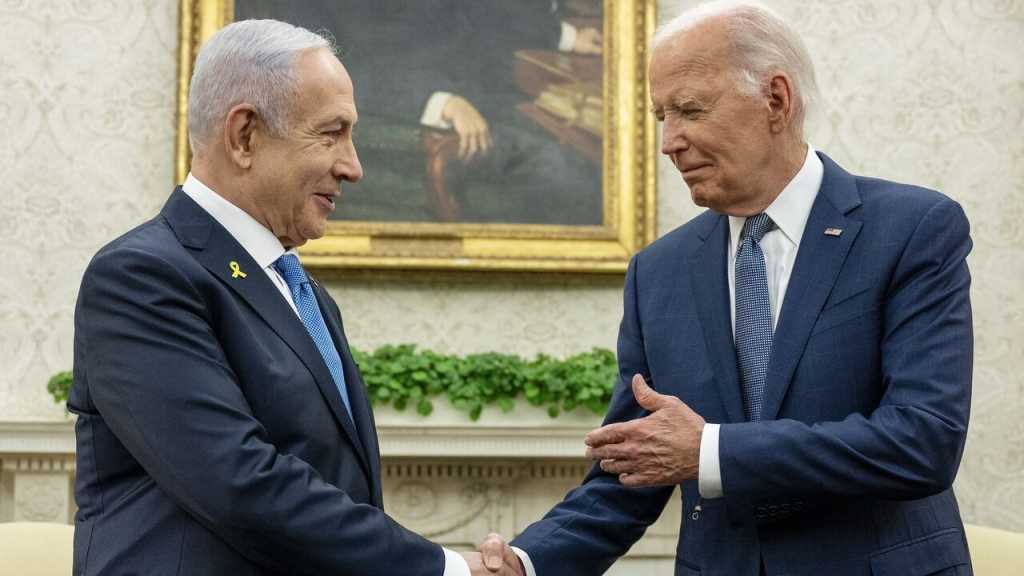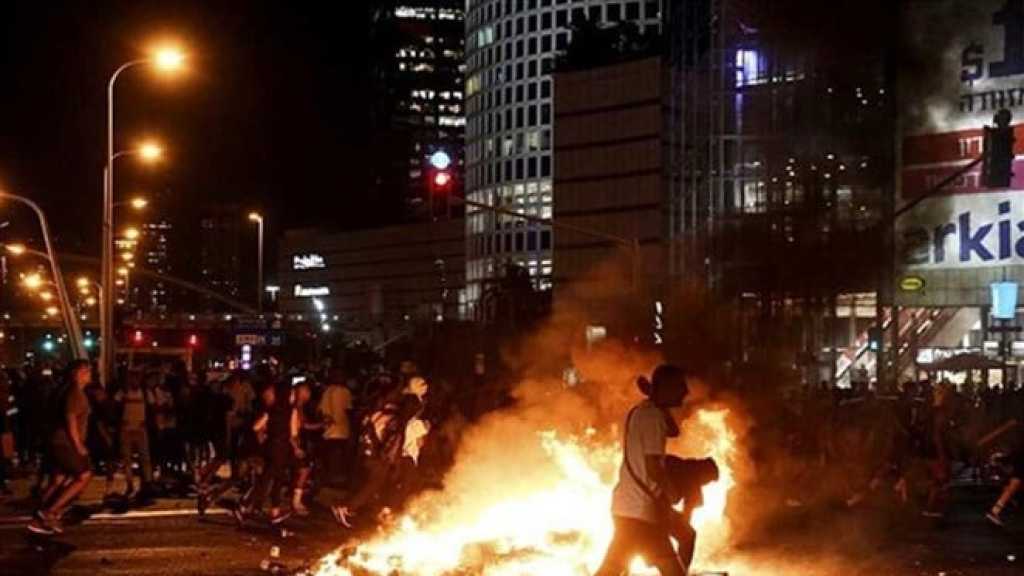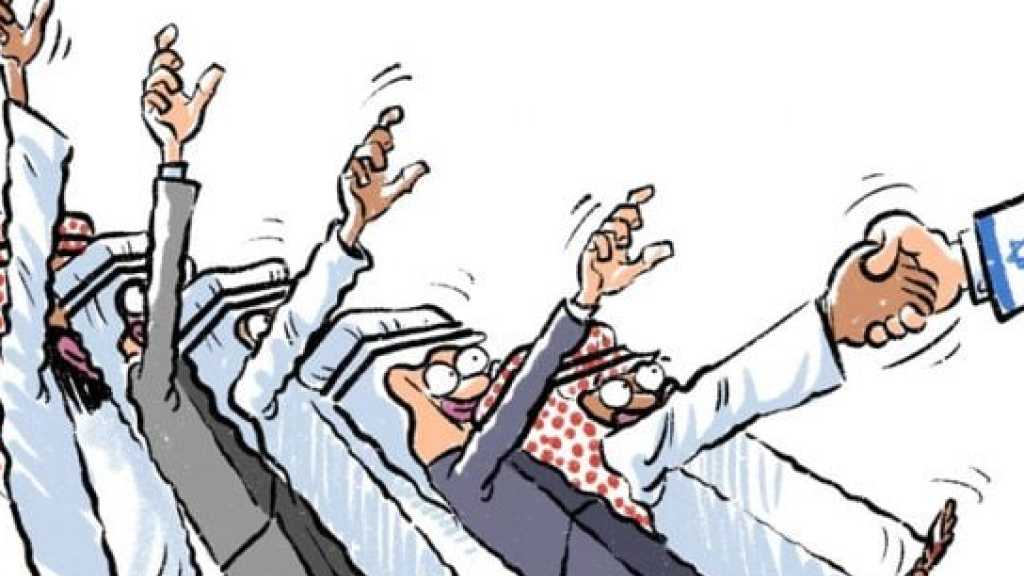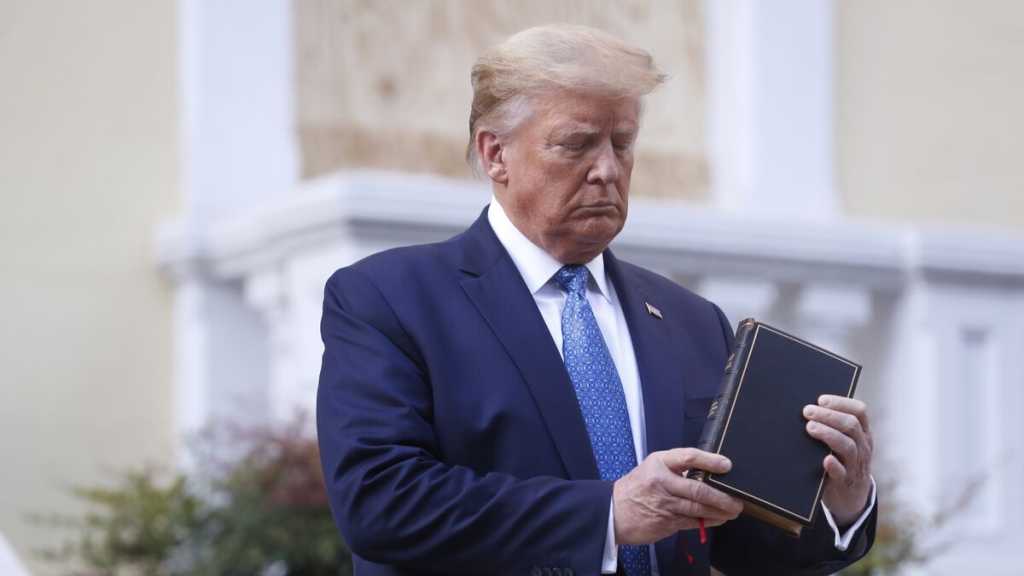Europe’s Moment of Truth
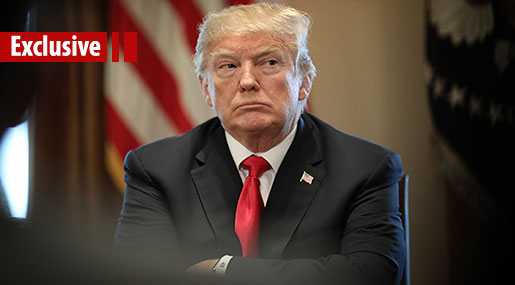
Darko Lazar
As US President Donald Trump imposed steel and aluminum tariffs on the European Union this week, his Commerce Secretary, Wilbur Ross, told CNBC that Brussels would ‘get over it'.

The almost comical approach to a move that will cost the already struggling European economy billions of dollars is not a symptom exclusive to the current occupants of the White House.
It is one that has been years in the making, thanks in no small part to the European habit of ‘getting over' things.
In 2014, the EU was compelled to impose sanctions on Russia despite the obvious downside to the economies of its member states. Since then, the bloc has been losing an estimated USD 38.4 billion annually.
And just last month, Trump unilaterally withdrew from the Iran nuclear deal - formally known as the Joint Comprehensive Plan of Action (JCPOA)-- putting the European signatories of that agreement in a serious bind.
What lies ahead are not only difficult choices for Europe, but ones that Brussels will have to make. Remain an American ‘partner'? Or finally go its own way?
The not-so ‘unpredictable' US
Speaking at an EU summit in Bulgaria in mid-May, the European Council President, Donald Tusk, did not try too hard to hide his frustration with Washington's blatant push to kill the JCPOA.
"I think that the real geopolitical problem is when you have not an unpredictable opponent or enemy or partner," Tusk said. "The problem is when your closest friend is unpredictable. It's not a joke now. This is the essence of our problem today with our friends on the other side of the Atlantic."
Although Tusk's characterization of Europe's current predicament is in many ways accurate, his use of the word 'unpredictable' is slightly out of place.
There is absolutely nothing unpredictable about Trump's exit from the Iran nuclear deal. He lobbied against it during the US presidential race in 2016 and adopted a hostile posture toward the Islamic Republic as soon as he set foot in the White House.
But Tusk might have felt constrained by the language of international diplomacy and avoided terms that more accurately describe Washington's foreign policy agenda in this regard.
Not everyone, however, is bound by such constraints, and as such, we can safely label Trump's exit from the JCPOA exactly what it really is ¬¬- a very deliberate violation of international conventions that guard multilateral treaties, which was based on false claims about Iran's nuclear energy program and scripted by powerful Zionist, Arab and defense lobbyists.
Unfortunately for the Europeans, these individuals are held in much higher regard by Washington's elites than states that the US officially refers to as ‘allies'.
Perhaps one of the more revealing illustrations of the transatlantic partnership came from former US Vice President Joe Biden in 2014, when he touched on the aforementioned Russia sanctions.
"It is true they [EU] did not want to do that," Biden said in reference to the embargo. "It was America's leadership and the president of the United States insisting, often times almost having to embarrass Europe to stand up and take economic hits to impose costs."
Four years and a few billion hits later, Europe is finding itself in the same exact spot; this time, over the Iran nuclear deal. And for bureaucrats like Tusk, this should be anything but "unpredictable".
Defenses against allies
In yet another demonstration of pragmatic politics and good diplomacy, Tehran has already expressed its readiness to stay in the nuclear accord with the remaining signatories - including European countries, Russia and China - as long as the terms of the deal are honored.
For his part, the Leader of the Islamic Revolution in Iran, Ayatollah Ali Khamenei, laid out a series of conditions, which include steps by European banks to safeguard trade with Tehran and guarantee Iranian oil sales.
Although there is no shortage of reasons to be pessimistic about whether the Europeans can deliver, there are also signs that the vassal might be willing to break free of its master.
Last month, a report by Bloomberg pointed out that EU leaders met at the summit in Bulgaria to "to deepen ties with partners in the east... [while] preparing defenses against the ‘America First' policies of U.S. President Donald Trump."
One of these defenses is the activation of the 'blocking statute' from 1996, which is designed to ban European companies and courts from complying with US sanctions against Iran.
But more importantly, the EU is planning to dump the US Dollar and use the Euro instead in its trade with Iran.
According to the EU's foreign policy chief Federica Mogherini, Brussels is working "to put in place a set of measures to make sure that the nuclear agreement is preserved and that the economic investments from the European side - but also from other sides in the world - are protected."
Such measures would undoubtedly be a slap in the face for Washington. And not just because the Europeans are willing to ignore US sanctions, but because they would be challenging the global hegemony of the American national currency.
The adoption of alternative currencies in global trade has already been pioneered by a number of countries, including China and Venezuela. But it is generally not the preferred practice of US ‘partners' and ‘allies'.
Uncle Sam's embrace
Whatever course of action EU bureaucrats opt for next, it is clear that for Europe, there are no easy choices - and as time goes by, things will only get more complicated.
The Europeans may very well choose sovereignty over subservience and subjugation. They may choose to usher in their own laws and regulations that govern all corporations doing business on the European continent.
All of this would bring about an end to the western alliance and set Europe free from Uncle Sam's embrace. But such a course requires courage, determination and true commitment to one's own national interests.
Judging by the outcomes of recent elections, it is obvious that such sentiment is nothing new among Europe's general public. What is quite novel, however, is the sound of Donald Tusk uttering increasingly daring and undiplomatic pronouncements such as; "Looking at the latest decisions of Donald Trump, someone could even think: with friends like that, who needs enemies?"
Source: Al-Ahed

